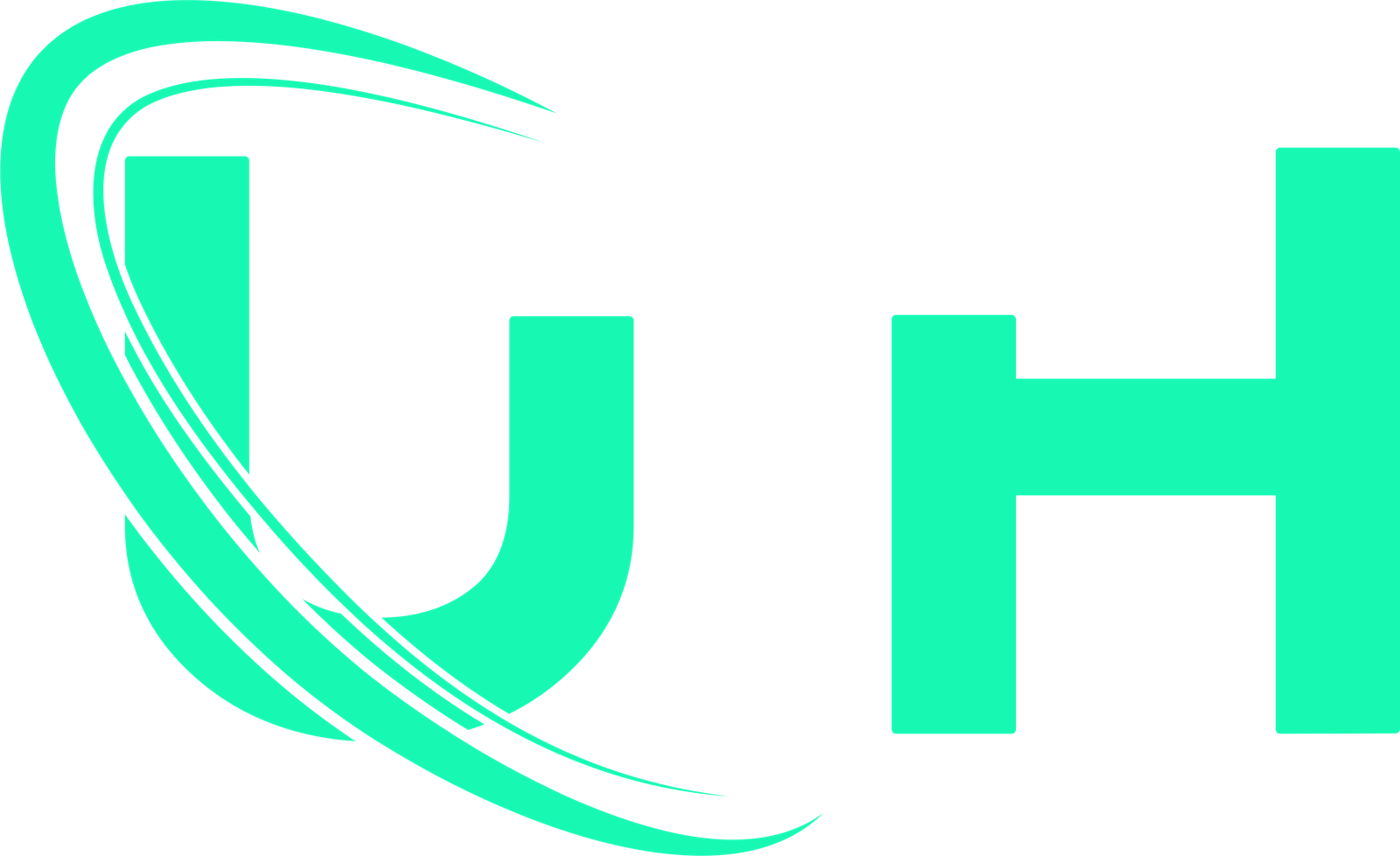Cybersecurity
Staffer Data Leak exposes passwords of 3,000+ US Congressional staffers

Introduction
Nowadays, data breaches are becoming increasingly common. However, a recent staffer data leak exposes passwords of 3,000+ US congressional staffers has raised a serious concern in the political and cybersecurity communities. This incident highlights the vulnerabilities in government cybersecurity systems and raises serious concerns about national security and privacy. In this article, we’ll explore the details of the breach, its implications, and the lessons we can learn from it.
What Happened?
The U.N. General Assembly unfolds this week amid widening global divisions and heightened security concerns, including major wars and the threat of increased conflict. Against this backdrop, a chilling breach of cybersecurity has rattled the heart of American democracy, with the exposure of over 3,000 passwords belonging to US congressional staffers.
However, this incident now revealed to be a significant Dark Web Cyber Attack, raises profound questions about the security of sensitive government information and the potential for far-reaching consequences. Therefore, Security experts have clarified warnings against using work emails for third-party sign-ups. In an era where digital security is supreme, the compromise of such a significant number of credentials underscores the ever-present threat of cyberattacks.
Anyhow, the affected individuals, who play crucial roles in supporting the legal process, now face the challenging reality of potential identity theft, unauthorized access to government systems, and the erosion of public trust.
Details of the Data Leak
Initial investigations, including findings from the internet security firm Proton in collaboration with Constella Intelligence, reveal that the data leak originated from multiple sources, including social media platforms, dating apps, and adult websites. This indicates a broad spectrum of vulnerabilities exploited by malicious actors.
Proton discovered over 16,000 publicly available email addresses associated with congressional staff and investigated that 3,191 staffers had their emails leaked to the dark web after third-party data breaches. Proton’s alarmingly stated that:
- 1,848 of these emails were listed alongside plaintext passwords
- 2,975 had passwords exposed, though not all in plaintext.
However, the Switzerland-based firm says the data available in the hidden online hubs include passwords, IP addresses, and information from social media platforms. Proton said in a statement, “Many of these leaks likely occurred because staffers used their official email addresses to sign up for various services, including high-risk sites such as dating and adult websites, which were later compromised in data breaches.”. Furthermore, in one alarming instance, a single staffer had 31 passwords exposed online, highlighting the potential for individual negligence to amplify the scale of the breach.
The timeframe of the data exfiltration is believed to have occurred over several weeks, potentially allowing spare time for malicious actors to gather and exploit the compromised data. In a scenario that is being investigated, a phishing attack may have been the initial vector of the attack. Where staff members were tricked into providing their login credentials, to a fake website.
Potential Consequences and Risks
The potential consequences of this data leak are severe and multifaceted. From a security standpoint, compromised passwords could grant unauthorized access to internal government networks, potentially exposing classified information and disrupting critical operations. The risk of identity theft is also significant, as malicious actors could use the harvested credentials to access financial accounts, personal data, and other sensitive information.
Furthermore, the political implications of this breach are extensive, especially given the upcoming election and global security concerns. The exposure of sensitive communications or internal documents could damage public trust in government institutions and create opportunities for foreign interference. The personal impact on affected staffers cannot be overstated.
However, the stress and anxiety associated with potential identity theft and the compromise of personal data can be overwhelming. Many staffers are now facing the alarming task of monitoring their financial accounts and credit reports, while also dealing with the uncertainty of potential future attacks. The fact that the information was found on the dark web, increases the likelihood that the data has been, and will continue to be, sold to other malicious actors. As Proton pointed out, this type of email breach has been shown to cause political chaos, such as the 2016 Hillary Clinton email breach.
Response and Actions Taken
In response to the breach, congressional leadership has initiated a comprehensive security review and launched an internal investigation.
- The House and Senate Sergeant at Arms, in conjunction with the Cybersecurity and Infrastructure Security Agency (CISA), are working to assess the full extent of the damage and implement remedial measures.
- Affected staffers have been advised to immediately change their passwords, enable multi-factor authentication (2FA), and monitor their accounts for suspicious activity. Cybersecurity experts are emphasizing the importance of robust password management practices, regular security updates, and ongoing cybersecurity training for all congressional staff. To help mitigate the problem, congressional IT departments are pushing out updates, and requiring password changes. There is also increased monitoring of network traffic, to find phishing activity.
- Proton, the internet security firm, has also taken the initiative to contact all affected congressional staffers, informing them of the leaks and planning to release further findings in the coming weeks to ensure the safety and validity of political systems during the upcoming election.
Expert Opinions and Analysis
Cybersecurity experts are expressing deep concern about the implications of this breach. A leading cybersecurity analyst says, “This incident underscores the critical need for stronger cybersecurity measures in government.”. Furthermore,’ The compromise of such a large number of credentials highlights the vulnerability of even well-protected systems.’
Eamonn Maguire, Proton’s head of account security, showed serious concern at the volume of exposed accounts and stressed the importance of staying alert and implementing strict security measures to protect both personal and national security. Therefore, He also stressed, “In today’s digital landscape, robust cybersecurity practices are crucial, especially for those with access to sensitive information.”
Moreover, legal experts are also weighing in on the potential legal outcomes of the breach. ‘Depending on the nature of the information exposed, this incident could lead to legal action for negligence or violation of data privacy laws,’ says a legal scholar specializing in cybersecurity. The consensus from experts is that Government agencies must increase their data security posture, and invest more money into cyber security infrastructure, and training.
The fact that staffers used official emails for personal accounts, increases the risk of this type of attack. Proton emphasized that while the fact that the emails are public is not a security failure, the use of those emails on third-party sites is a major security risk.
Conclusion
Staffer data leak exposes passwords of 3,000+ US congressional staffers in a Dark Web. Therefore, this cyber attack is a stark reminder of the ever-present threat of cyberattacks, especially amidst global tensions. This incident highlights the critical need for stronger cybersecurity measures in government and the importance of protecting sensitive information, especially the dangers of using work emails for third-party sites. As technology continues to evolve, so too must our defenses against cyber threats.
We urge readers to share this article to raise awareness about the importance of cybersecurity and to take steps to protect their online security. Proton recommends politicians and staffers avoid using work emails for third-party services, use password managers, and sign up for dark web monitoring. For more information on cybersecurity best practices, please visit the CISA website. If you believe you have been affected by this breach, please contact your congressional office immediately. The cybersecurity of our government and the trust of the public depends on our collective commitment to cybersecurity.
-

 Phishing attack6 months ago
Phishing attack6 months agoWhat is Spear Phishing and How You Can Identify This Scam?
-
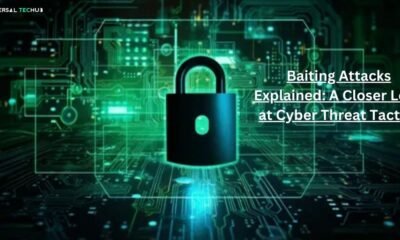
 Social engineering attack8 months ago
Social engineering attack8 months agoBaiting Attacks Explained: A Closer Look at Cyber Threat Tactics
-
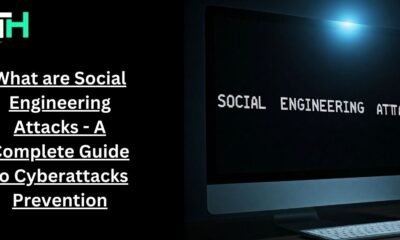
 Social engineering attack6 months ago
Social engineering attack6 months agoWhat are Social Engineering Attacks – A Complete Guide to Cyberattacks Prevention
-

 Social engineering attack8 months ago
Social engineering attack8 months agoSpear Phishing Attack: A Targeted Cyber Threat
-

 Social engineering attack8 months ago
Social engineering attack8 months agoWhat is spear phishing attack? A detailed guide
-
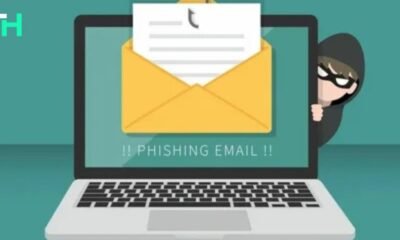
 Phishing attack6 months ago
Phishing attack6 months agoWhat Are Phishing Emails? A guide for you
-
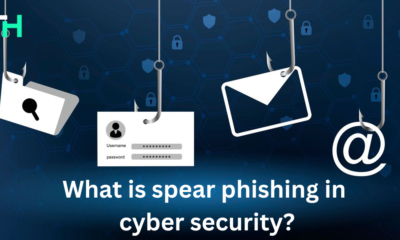
 Social engineering attack8 months ago
Social engineering attack8 months agoWhat is spear phishing in cyber security?
-
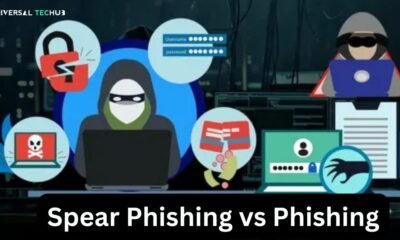
 Social engineering attack8 months ago
Social engineering attack8 months agoSpear phishing vs phishing: Understand the Risks

